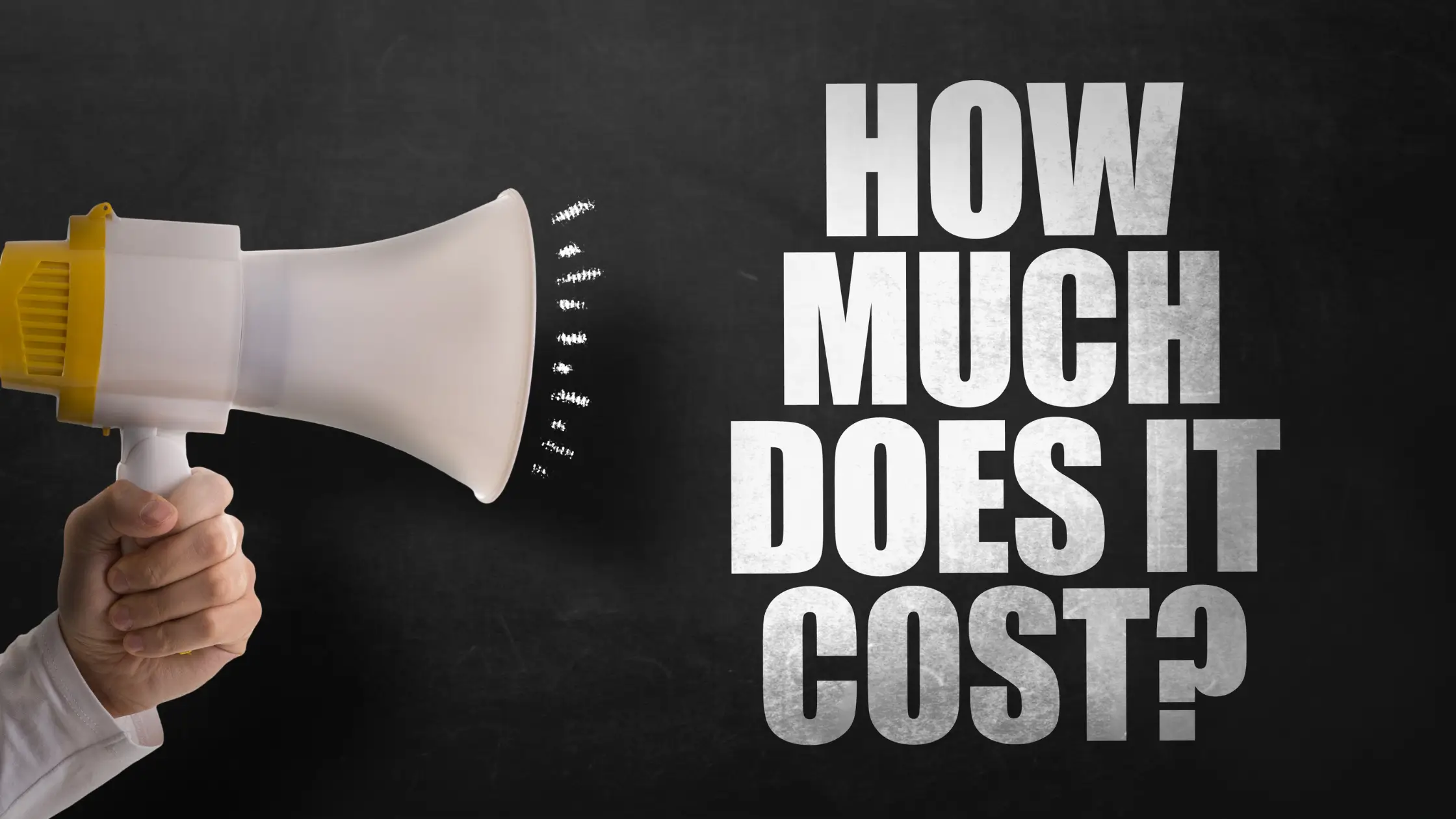Filing an insurance claim is essential to getting the financial support you need after an unexpected Sometimes unexpected things happen, like a car accident, natural disaster, or medical emergency. When stuff like that occurs, it’s essential to know how to handle filing an insurance claim to get the most out of your policy. This article has got you covered with a complete guide on how to file an insurance claim and understand your insurance policy. collecting evidence and information, filing your claim, following up on your claim, and getting maximum benefits.
Understand Your Insurance Policy
Before filing an insurance claim, it’s crucial to understand your insurance policy to ensure clarity and understanding with your insurance company. You should review your policy carefully and closely examine the key terms and conditions affecting your coverage, deductibles, and limits. These may include:
Coverage types: You should specify in your policy which kinds of events and damages your insurance covers, including liability, collision, comprehensive, or personal injury protection.
Deductibles: In American English, your deductible is the amount you gotta pay upfront before your insurance kicks in and covers the damages. Make sure you understand how much your deductible is and how it affects your payout.
Limits: Your policy may limit how much your insurance company will pay for damages, medical expenses, or liability claims. Be aware of these limits and how they affect your coverage.
Exclusions: Your policy may also have exclusions, which are events or damages not covered by your insurance. Make sure you understand these exclusions and what they mean for your coverage.
Interpreting your policy’s language may be difficult, but you can ask your insurance agent or attorney for help if you have any questions or concerns.
Collect Evidence and Information
To support your insurance claim, you must collect evidence and information proving the damages and losses you have suffered. The more detailed and accurate your documentation is, the more likely you will get the maximum benefits from your insurance company. Some of the evidence and information you may need to collect include:
Photos: Take photos of the damages to your property or vehicle and any injuries you have suffered. Take pictures from different angles and distances, and include any relevant details, such as license plate numbers or street signs.
Witness statements: If there were witnesses to the event, ask them to provide written words about what they saw and heard. Include their contact information if your insurance company needs to verify their testimony.
Police report: If the event involved law enforcement, such as a car accident or theft, get a copy of the police report. This report may include essential details about the event, such as who was at fault or what items were stolen.
Medical records: If you suffered injuries, get copies of your medical records and bills to show the extent of your damages and the costs of your treatment.
Receipts and invoices: If you incurred expenses as a result of the event, such as hotel stays or repairs, keep all receipts and invoices to show the costs of these expenses.
Make sure to document your claim as soon as possible. And keep all your evidence and information in a safe place.
Read More: whole life insurance.
File Your Claim
Once you have collected all the necessary evidence and information, you can file your insurance claim. The steps in filing a lawsuit may vary depending on your insurance company and policy. But some general guidelines include:
Contact your insurance company: Call your insurance company’s claims department and provide them with the event details and policy information. They will likely give you a claim number and assign an adjuster to your case.
Fill out the necessary forms: Your insurance company might ask you to fill out certain forms when filing your claim. Just make sure you fill them out accurately and completely and provide all the necessary info. Such as the date and location of the event and the damages and losses you have suffered. And the contact information for any witnesses or medical providers.
Communicate with your adjuster: Your adjuster will assess the damages and losses and determine the payout amount. Communicate with them regularly and provide additional evidence or information they may need to process your claim.
Follow Up on Your Claim
After filing your claim, it’s essential to follow up with your insurance company to ensure that it’s being processed correctly and efficiently. You can do this by:
Checking the status of your claim: You got this! Just reach out to your adjuster or give your insurance company’s claims department a call to check on your claim’s status and get updates on how things are going or if there are any issues.
Communicating with your insurance company: If you have any questions or concerns about your claim, promptly communicate with your insurance company. They should be able to answer any questions you have and address any issues that may arise.
Get Maximum Benefits
Getting the maximum benefits from your insurance company requires careful negotiation and documentation. Some factors that may affect your insurance payout include:
Your deductible: Remember that your deductible amount will reduce your insurance payout. So consider whether it’s worth filing a claim for more minor damages or losses.
Your coverage limits: If your damages or losses exceed your coverage limits, you may not be able to get the total amount you are claiming. Ensure you understand your policy’s limits and how they affect your coverage.
Your evidence and documentation: The more detailed and accurate your proof and documentation are, the more likely you will get the maximum benefits from your insurance company. Ensure you provide all the necessary evidence and information to support your claim.
To negotiate effectively with your insurance company, you can:
Be prepared: Have all your evidence and documentation ready and organized, and be familiar with your policy’s terms and conditions.
Be persistent: Stay if your insurance company denies your claim or offers a low payout. Keep negotiating and providing additional evidence or information to support your claim.
Consider getting legal help: If you have difficulty negotiating with your insurance company, consider getting legal assistance from an attorney specializing in insurance claims.
Conclusion
Dealing with insurance claims can be super stressful and totally overwhelming, you know? But recovering from an unexpected event or disaster is essential to understanding your insurance policy and collecting evidence and information. Filing your claim correctly, following up on your claim. And negotiating for maximum benefits, you can make the process smoother and more successful.
Remember that being prepared and informed is critical to getting your deserved payout. Feel free to reach out to your insurance company or seek professional help if you need it. And most importantly, take action and file your claim if necessary – it’s your right as a policyholder, and it can make a significant difference in your recovery.
Best Guide: vacation insurance
Frequently Asked Questions (FAQs) about Travel Insurance:
What should I do if my insurance claim is denied?
If your insurance claim gets denied, there are a few things you can do to sort it out. First, go through your policy and check if there’s any reason they might have rejected the claim. If you’re sure your claim should be valid, You have two options here. You can either reach out to your insurance company and appeal their decision,Or, if you want, you can lodge a complaint with your state’s insurance department.
Can I negotiate with my insurance company for a higher payout?
you can totally haggle with your insurance company to get a better payout. Start by gathering evidence to support your claim and presenting a detailed argument for why you believe you should receive more compensation. You can also consider hiring a public adjuster to help you negotiate with your insurance company.
What factors affect my insurance payout?
Several factors can affect your insurance payout, including your policy’s specific terms and conditions, the amount of damage or loss you have suffered, and the cause of the damage or loss. In some cases, your insurance company may also take this into account. The age and condition of your property or the extent of your injuries.
How can I check the status of my insurance claim?
To find out what’s happening with your insurance claim, you can just get in touch with your insurance company’s claims department directly. You also have the option to check your claim status online or through a mobile app, depending on how your insurance company does things.
What should I do if I have questions or concerns about my insurance claim?
If you’ve got any questions or concerns about your insurance claim, make sure to reach out to your insurance company’s claims department as soon as you can. Be sure to document any communication you have with your insurance company and keep track of important deadlines or requirements for filing your claim. If you are unable to resolve your concerns with your insurance company, consider contacting your state insurance department or seeking legal advice.





